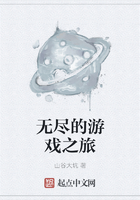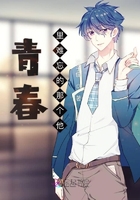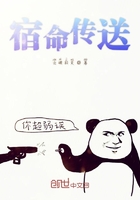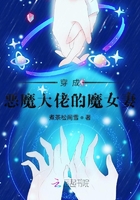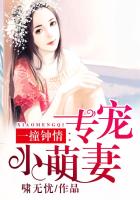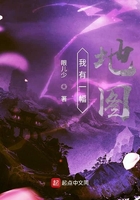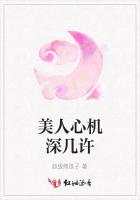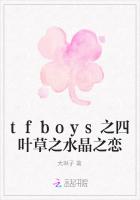When Mr. Hardesty came back and saw our car, he went into the house and in a while I could hear voices. Then silence, then voices again. At last my father came outside, and I followed him to the car. All the lonely way into town, he said nothing to me. And I could not risk saying anything to him. The world I thought I knew lay sundered in my heart. We didn’t go home. We went to his office instead. He began going through his books, looking for something he might have done. I wanted to stop him, but I didn’t know how. I couldn’t imagine how the night would end. From time to time, all unwilling, I would begin to cry again. Finally, I heard someone at the door and went out through the reception room, grateful to whomever it might be. News of the beginnings and endings of life traveled far and fast in a community like ours. My mother had come for us.
She knelt down, hugged me, rubbed the back of my head, and I clung to her, as I had not done since I was a baby. “Oh, Mama, why couldn’t he, why couldn’t he?” I wept and lay my head against her shoulder. She rubbed my back until I was quiet. Then she said, “Your father is bigger than you are, but he’s smaller than life. We love him for what he can do, we don’t love him less for what he can’t. Love accepts what it finds, no matter what.”
Even though I’m not certain I understood what she meant, I know I felt the importance of what she said. Then she went in to get my father. That winter seemed to have gone on forever when I lived through it long ago, but the memory played it out in seconds.
I sat turning over the pieces of Luke’s broken toy. I said to him, “I can’t fix it.”
“Sure you can.”
“No, I can’t. I’m sorry.”
He looked at me, and the expression of awesome confidence faded. His lower lip trembled, and he fought his tears even as they came.
I pulled him on my lap, and comforted him as best I could in his sorrow over his broken toy and his fallen idol. Gradually his crying subsided. I was certain he sensed my melancholy at seeing myself only an ordinary mortal in his eyes, because he stayed nestled against me for quite a time, his arm about my neck.
As he left the room, giving me a direct and friendly look, I could hear my mother’s voice telling me in her certain way that love was not conditional. Once the son, now the father. I knew absolutely that out of the anguish of that discovery came the first faint light of understanding.
一个冬天的傍晚,我坐着看报纸的时候,小儿子卢克怯生生地来到我的身旁。他就站在那盏古铜灯照射出的半月形灯光外。我很珍爱那盏灯,它曾在我做医生的父亲的办公桌上亮着。
那段时间里,卢克喜欢在我读书的时候来到我的身边,向我询问他的最严肃的问题。而在去年,当我在花园里工作的时候,他也会这样找我问问题。或许他觉得我们一起做事情时,找我解决问题最容易吧。当他对种植感兴趣时,他知道要将种子埋在地下,而不是每天早上把它们挖出来,看看种子是否长大了。现在,尽管他不肯向我承认,但是卢克的确可以开始自己看书了。
我从报纸中抬起头来,卢克给了我一个大大的微笑。接下来,他的表情突然变得严肃起来,这是模仿我的一个不大招人喜欢的举动。他说:“我把我的锯条弄折了。”说着从背后拿出那只玩具递给我,“您看。”
他没有问我能不能把它修好。他相信我能,这种信任,是一个小男孩对一位神奇的三轮车、货车和各种玩具修理师的赞美。那把玩具锯的蓝色塑料柄断了。我的父亲很珍惜各种职业用的工具,他是不会同意买一把塑料柄的锯的。
我对儿子说:“锯上的一些零件不见了,在你那里吗?”
他张开紧握的拳头,摊出握在手中的剩余碎片给我看。我不知道怎样能把这把锯修理好。
他认真地看着我,他的表情显示出一种对我无所不能的绝对信任,搅动了我的记忆。我极其用心地查看了他的锯,在手中翻看着那些碎片,也在脑海中翻动着对过去的记忆。






